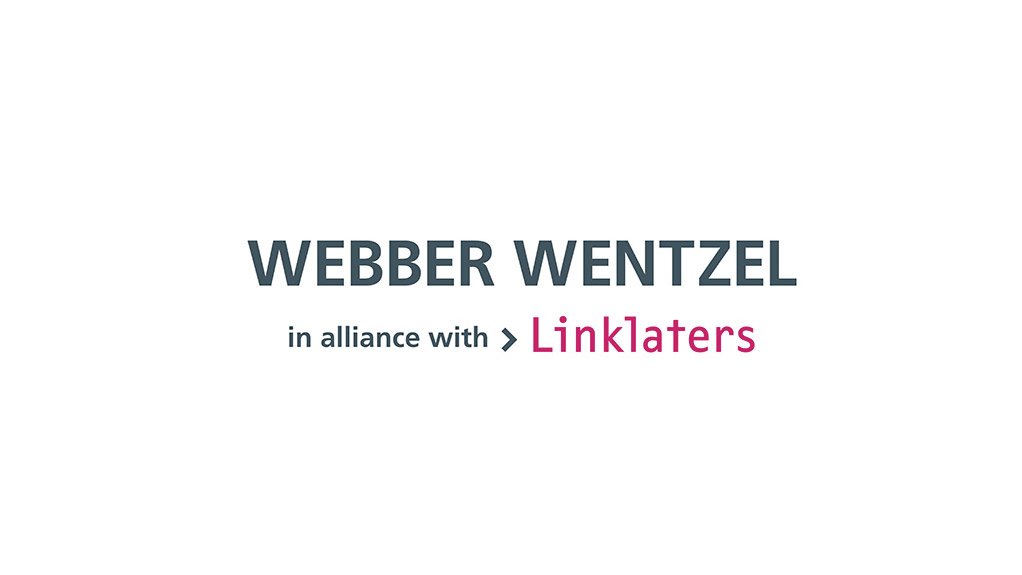The Court of Appeal of England and Wales has handed down its judgment in the long awaited Covid-19 business interruption test cases. In the landmark judgment, the Court of Appeal dismissed the insurers appeal and provided significant clarity on the issue of composite policies in the context of business interruption insurance claims. The court held that composite policies, which ensure multiple parties under a single policy document, should be construed as a series of separate contracts of insurance with each insured. This interpretation has profound implications for the insurance industry, particularly in how policy limits are applied.
A key issue in the case was whether the insurance policies entitled each of the insured parties' claims as separate insureds with separate limits of indemnity or whether the limits are applied in the aggregate. The court confirmed that composite policies function as separate contracts of insurance between the insurer and each individual insured. This means that each insured is covered separately for their respective interests, and the policy limits apply individually to each insured rather than collectively. This interpretation ensures that the actions or claims of one insured do not affect the coverage or limits applicable to another insured under the same policy. This finding is crucial, as an aggregate interpretation could reduce coverage available to the insured parties.
The court emphasised the importance of interpreting insurance contracts in a manner that reflects the commercial and economic reality of the insureds' businesses. This approach ensures that the insured party receives the intended coverage and indemnity for their specific losses.
In reaching its decision, the court's analysed the applicable policy wordings and found that the language used in the policies indicated an intention to cover each insured separately, with individual limits for each insured's losses. In doing so, the court interpreted the following clauses:
- Denial of Access (DOA) Clause in Bath Racecourse Policy: The clause "this Section extends to include any claim resulting from interruption of or interference with The Business carried on by The Insured at The Premises..." was interpreted to mean that the interruption or interference had to be specific to the business of each insured at their respective premises.
- Prevention of Access (Non-Damage) Clause in Starboard Policy: The clause "under Business Interruption loss following interference with the Business carried out by the Insured in consequence of action by the Police or other Statutory Authority following danger or disturbance within 1 mile of the Premises which shall prevent or hinder use of the Premises or access thereto or, interference with the Business carried out by the Insured" was interpreted to mean that the cover was specific to each insured's business and premises.
When coming to its determination, the court found that in this case, each of the insureds only had an interest in their own business and premises and did not have any interest in premises operated by the other insured parties. Furthermore, the court reasoned that the risk of interruption due to Covid-19 was different in the case of each insured and its premises.
With this background, the court turned to interpret the application of the limit of indemnity. In the Starboard policy, the limit of indemnity clause applied "any loss or series of losses arising from any one occurrence". The court ruled that this limit applied to the loss suffered by each insured, not as an aggregate limit across all insured parties. The court further held that if the parties intended for the limit to apply in the aggregate, then the policy must have clearly stated that and also made provision for instances where there were competing claims.
The court also considered the reasonable expectations of the insured parties, who would naturally expect their coverage to be based on their individual interests and losses. The insured parties contended that a policyholder would not expect their coverage limits to be eroded by claims made by other insureds under the same policy. The court agreed that this expectation aligns with the principle that insurance contracts should provide indemnity for the actual losses suffered by each insured.
This is a reminder to insurers to ensure that policy wordings clearly reflect the intended scope of coverage – whether, be it to insure each insured separately or collectively.
Ambiguity in composite policies can expose insurers to significant liability, as each insured may claim up to the policy limit for their individual losses, and the limit is not shared or aggregated across all insureds.
Insurers must also be aware that when handling claims under composite policies, each claim by an insured must be assessed independently. This approach ensures that insureds receive the full benefit of their coverage without being affected by the claims of other insureds.
The Court of Appeal's judgment provides crucial clarity on the nature of composite policies and their interpretation. This decision serves as a valuable guide for insurers and insureds in navigating the complexities of composite policies and underscores the importance of clear and precise policy wording.
To read the judgment, click here.
Written by Sandra Sithole, partner and Rethabile Shabalala, senior associate, Webber Wentzel
EMAIL THIS ARTICLE SAVE THIS ARTICLE ARTICLE ENQUIRY FEEDBACK
To subscribe email subscriptions@creamermedia.co.za or click here
To advertise email advertising@creamermedia.co.za or click here











